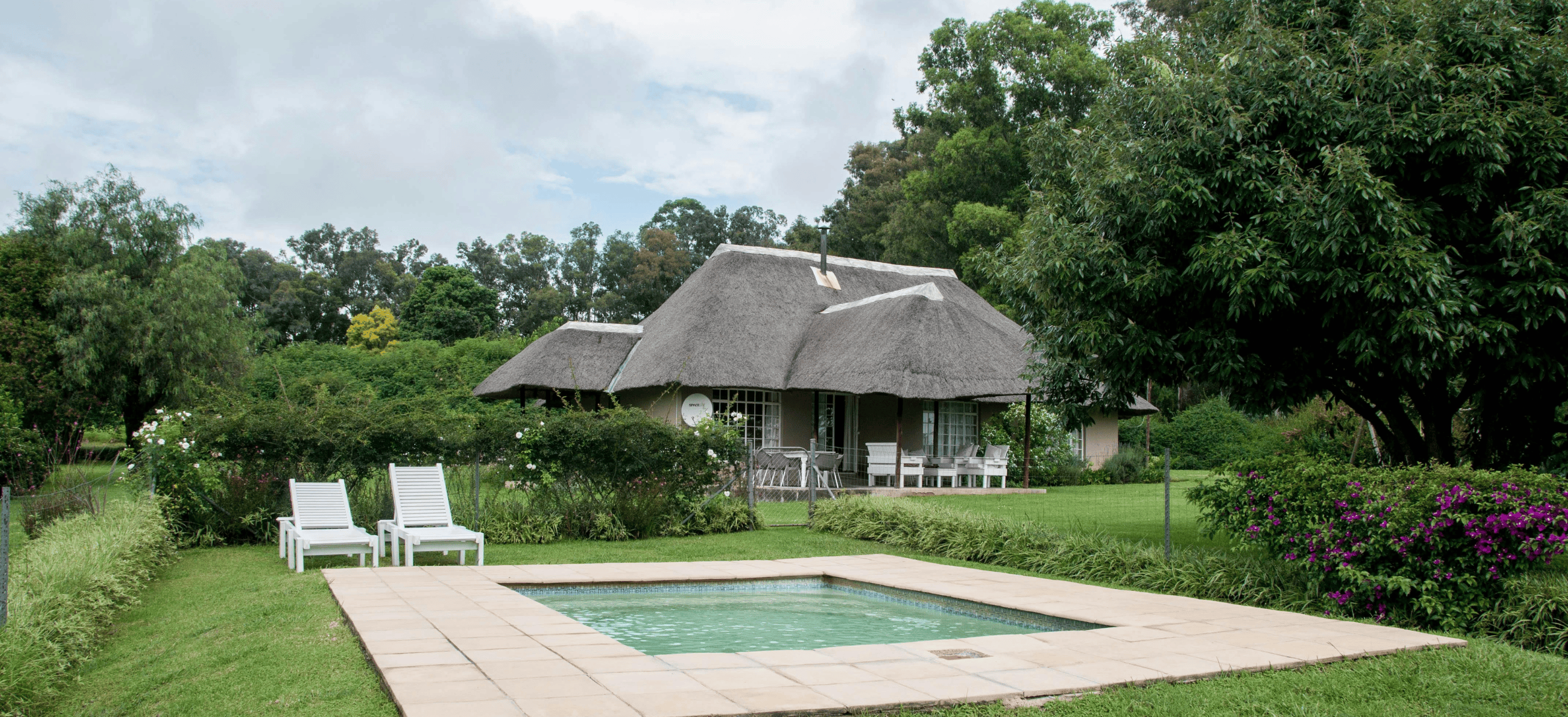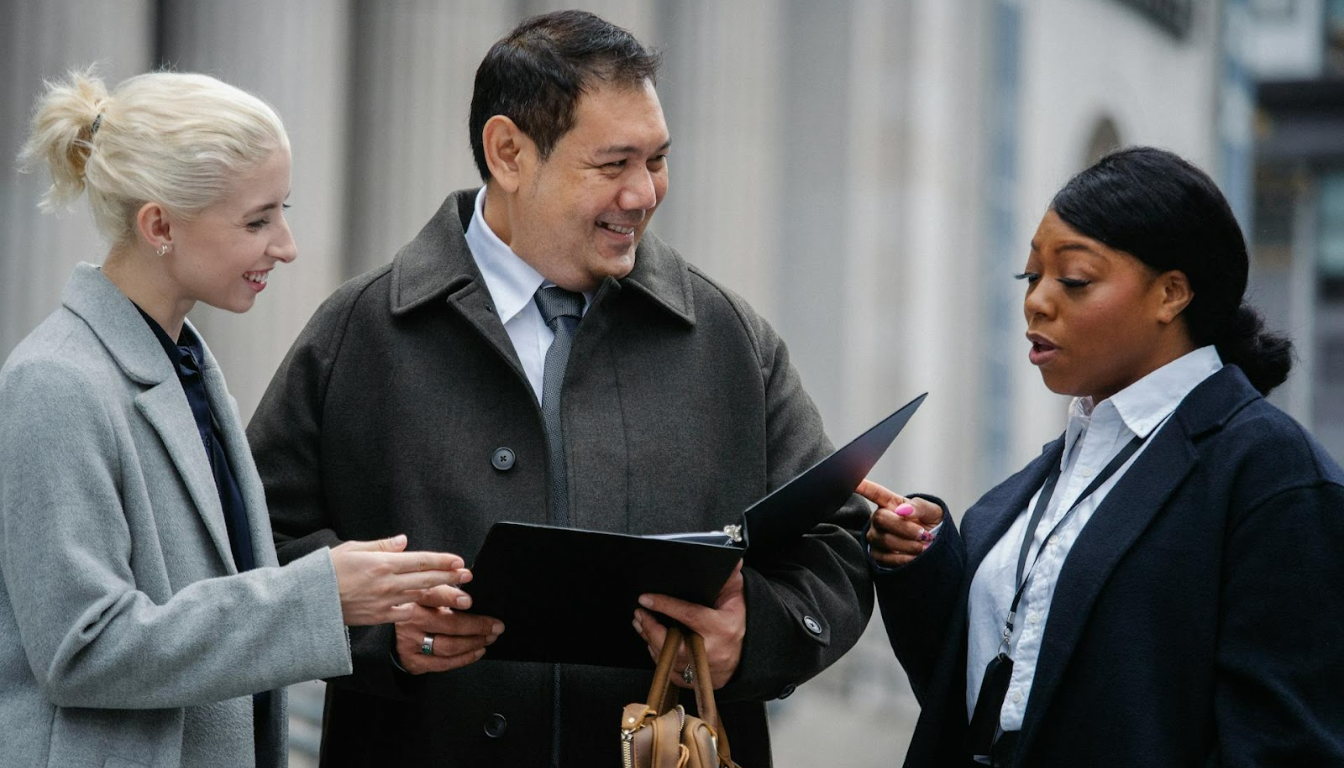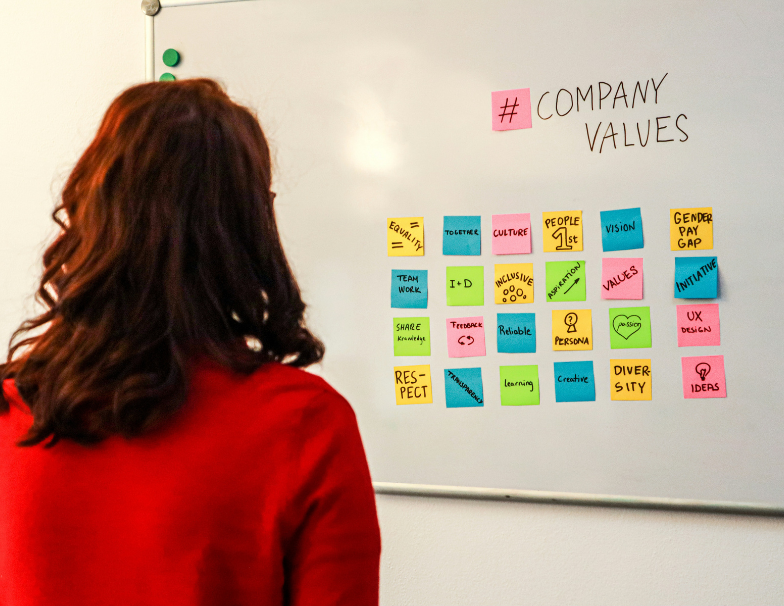Best Retreat Ideas: Corporate Retreat Planning Guide for 2025

Looking to energize your team and enhance leadership skills? Whether it's a team building retreat or leadership retreat activities, well-planned retreats help strengthen collaboration, inspire creativity, and foster trust. This guide shares top retreat ideas for teams, managers, and leaders, along with tips for planning an impactful corporate getaway. With the corporate retreat market projected to reach $73.7 billion by 2034, organizations increasingly recognize these gatherings as essential investments in team development and company culture.
Key Takeaways
- Enhance team performance by improving communication, collaboration, problem-solving, and leadership skills
- Build trust and engagement through icebreakers, group challenges, and team exercises
- Boost creativity and innovation with workshops, brainstorming sessions, and creative exercises
- Promote wellness and reflection through mindfulness, outdoor adventures, and personal development activities
Understanding Corporate and Leadership Retreats

A corporate retreat is more than a break from work. It is a dedicated opportunity to develop skills, align teams, and strengthen leadership. Retreats range from company retreat ideas like outdoor adventures and wellness activities to structured leadership retreat activities designed to enhance strategic thinking, decision-making, and team cohesion.
These gatherings allow participants to step away from day-to-day tasks, recharge, and engage in meaningful interactions that improve overall team performance. They are ideal for fostering trust, refining communication, and promoting collaboration among departments or leadership teams.
Benefits of Retreats

Corporate and team retreat ideas deliver measurable benefits for both individuals and organizations. Research shows that 83% of workers view corporate travel as a job benefit, directly impacting wellness and retention. Retreats strengthen team dynamics by teaching participants to communicate better, work through challenges collaboratively, and support one another. Leadership skills are enhanced through decision-making exercises, strategic planning sessions, and adaptability activities. According to studies, 34% of employees report their most creative ideas happen during business trips, while companies with robust team bonding strategies see a 73% decrease in employee turnover. Retreats also increase engagement, creating shared experiences that boost motivation and morale. Wellness and resilience improve through mindfulness sessions, outdoor activities, and personal development exercises. Finally, retreats promote innovation and creativity by providing hands-on workshops and brainstorming opportunities for fresh ideas and problem-solving.
Top Retreat Activities and Ideas
Icebreakers for Team Bonding
Starting with fun, low-pressure activities helps participants connect. Two Truths and a Lie encourages team members to share facts about themselves and build trust, while office or company trivia fosters friendly competition. Activities such as What Do We Have in Common? Help participants discover shared interests, strengthening cohesion and camaraderie.
Collaborative Problem-Solving
Problem-solving activities challenge participants to think creatively and work together. The Marshmallow Challenge, developed by Peter Skillman and popularized by Tom Wujec, requires teams to build the tallest freestanding tower using 20 sticks of spaghetti, one yard of tape, one yard of string, and one marshmallow on top—all within 18 minutes. This exercise fosters creativity, teamwork, and the value of prototyping. The Minefield activity has blindfolded participants navigate obstacles guided by teammates' verbal instructions, building trust and communication skills. Egg Drop exercises encourage strategic thinking as teams design protective structures to prevent an egg from breaking when dropped from a height, using limited materials like newspaper, tape, and straws.
Leadership and Strategic Thinking Activities
Leadership retreat activities improve decision-making, adaptability, and long-term planning skills. Paper Tower Challenges encourage innovation under constraints, requiring teams to build tall structures using only paper and tape. Shrinking Vessel exercises promote flexibility by progressively reducing physical space during tasks, forcing teams to adapt their strategies. Games like Company Concentration reinforce focus, communication, and teamwork, sharpening leadership capabilities in fast-paced scenarios.
Creative and Wellness Activities

Creative workshops such as painting, cooking, and pottery stimulate collaboration and innovative thinking. Mindfulness sessions, including yoga and guided meditation, improve focus, emotional intelligence, and stress management. Outdoor adventures like hiking, kayaking, or obstacle courses promote resilience and camaraderie while allowing participants to connect with nature. These wellness-focused retreat ideas address the growing demand for holistic employee well-being, with the wellness retreat segment experiencing remarkable growth in recent years.
Community Engagement
Community service projects build purpose, social responsibility, and stronger team connections. Activities like charity drives, volunteering, or local collaborative projects give participants an opportunity to contribute while enhancing collaboration and problem-solving. These initiatives create meaningful shared experiences that extend beyond typical corporate activities.
Personal and Professional Development
Retreats can include coaching sessions, self-reflection exercises, and peer mentoring to help leaders grow. Tools such as the GROW Coaching Model support goal setting and problem-solving discussions, while 15% Solutions encourage actionable steps to create immediate impact. These development activities ensure retreat benefits extend beyond the event itself.
Planning a Successful Retreat
Set Clear Objectives
Define the purpose of your retreat and the specific outcomes for your team. Align activities with goals such as improving communication, fostering creativity, or developing leadership capabilities. Clear objectives ensure that the retreat's content is relevant and impactful. With over 70% of mid-size to large companies hosting annual retreats, having well-defined goals helps maximize return on investment.
Understand Team Needs
Survey participants to identify preferences, skill gaps, and interests. Tailoring retreat activities to meet the team's needs ensures engagement and meaningful participation. Understanding the specific requirements of leadership teams allows for retreats that address skill-building goals and personal development. Consider that 25% of employees in remote or hybrid work environments miss regular interactions with coworkers, making in-person retreats particularly valuable.
Manage Logistics
Choosing the right venue is crucial for focus, comfort, and productivity. Set a realistic budget, manage travel, accommodation, and catering efficiently, and consider hybrid options for remote participants. These factors significantly influence the success of a retreat and the overall experience for attendees.
Partner with Experts
Companies like Offsite simplify planning by providing curated venues, discounted rates, and end-to-end management of leadership and team-building activities. These services help ensure retreats run smoothly while aligning with organizational goals.
Measuring Retreat Success

Evaluate your retreat's effectiveness through team feedback, engagement surveys, and observed improvements in collaboration, communication, and leadership skills. Tracking the achievement of specific retreat objectives and monitoring long-term team performance are essential for understanding the retreat's impact. The ROI includes improved employee engagement, increased productivity (with happy employees being 13% more productive), reduced burnout, and stronger company culture.
Final Thought
Corporate and leadership retreats are powerful tools for enhancing team dynamics, leadership skills, and overall company performance. A thoughtful mix of icebreakers, problem-solving challenges, wellness activities, and creative workshops fosters engagement, collaboration, and innovation. Strategic planning and leadership exercises provide structure, while community projects and personal development sessions deepen connections and build trust. Partnering with experienced planners like Offsite ensures retreats run smoothly, within budget, and deliver measurable results. Investing in retreats is an investment in team growth, leadership development, and lasting organizational success.
FAQs
- What types of activities are included in corporate retreats?
Corporate retreats feature icebreakers, problem-solving challenges, leadership exercises, creative workshops, wellness activities, and community service projects.
- How often should organizations hold retreats?
Quarterly or annual retreats work best, reinforcing team cohesion, leadership growth, and employee engagement.
- Can retreats work for remote teams?
Yes. Virtual workshops, online brainstorming, and hybrid activities allow remote employees to participate fully.
- How do I ensure a retreat is successful?
Set clear objectives, tailor activities to team needs, manage logistics efficiently, and include a mix of learning, collaboration, and wellness opportunities.
You may also like
Unique spaces for your next offsite
Find distinctive venues for your upcoming corporate retreat.
Stay Updated with Our Insights
Get exclusive content and valuable updates directly to you.







